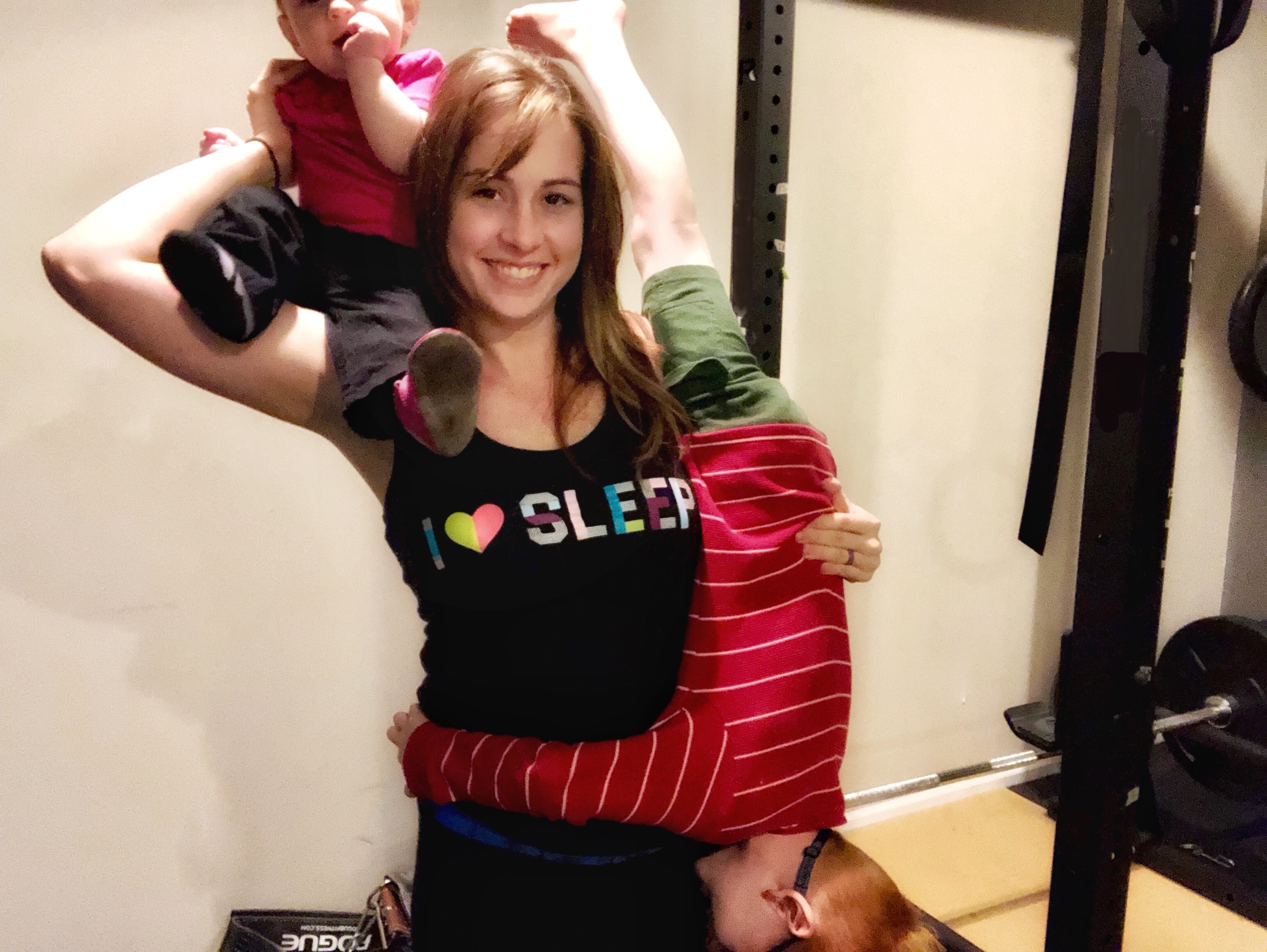The Danger of a Consistent Diet
- Megan Marcum

- Jan 7, 2019
- 3 min read
Updated: May 28, 2021

There’s nothing more important for fat loss than consistently eating well.
And yet…
The longer you’re on a fat loss diet, the less likely you are to see results, and the more at risk you become of gaining weight back when the diet ends.
I’ll tell you why this is true, and what to do about it.
Bamboo & Rollerblades
Just because you’re consistent about something doesn’t make it good.
You can consistently shove bamboo under your fingernails, but it won’t win you any awards, or get you promoted at work. (I’m gonna step out on a limb and say it won’t do you any good at all.)
On the flip side, just because something is good doesn’t mean you should do it all the time.
I used to love rollerblading, but it would be kind of creepy if I had grown up to be a person who hangs out alone at skating rinks all day long.
Dieting for fat loss can be good or bad, depending on how you do it. Either way, it’s not something you should do for extended periods of time.
Being in a perpetual state of fat loss makes your body think, “Oh no, the world’s food supply must be in a shortage! Every man for himself!” At which point it adjusts your metabolism in an effort to survive.
In other words, you’ll stop losing fat, even if you eat very little.
Keep it up long enough, and it’s possible that when you stop dieting, your body will still respond as if you aren’t eating enough, keeping your metabolism slow and making fat gain easier.
It’s unhealthy and ineffective.
Not to mention how emotionally and psychologically frustrating it is to always eat less than what feels natural.
What’s the alternative?
Diet Breaks
Take breaks from your diet by switching between phases of fat loss and phases of maintaining your weight (whatever it is at the time of that phase).
These phases can be 2 weeks on/2 weeks off, 4 weeks on/1 week off, as much as 8 weeks on/4 weeks off…
Or anything in between.
What’s more important than the exact schedule is understanding the maintenance phase.
Though it’s considered a “break,” it’s not like sending your diet on a trip to Vegas and saying, “Whatever happens in the break STAYS in the break.”
You can’t go back to eating how you did before the diet. You need to calculate how much to eat based on your current weight so you aren’t in a calorie deficit (weight loss) or surplus (weight gain).
(Precision Nutrition, who I’m certified through, offers this calculator to estimate calories for maintenance and weight loss.)
The downside to this approach is that you essentially have to learn two different diets.
The upside is that it works. (This study showed around 50% more fat loss with diet breaks.)
The other good news is, if you pay attention to the quality of your food during those maintenance phases, and have a good workout program, it will still positively affect your body composition.
One More Alternative
The reason diet breaks work is because they take you out of a calorie deficit before your body can freak out about it (like I discussed earlier).
But there’s another way to avoid that:
Make gradual progressions with a step-by-step approach to eating better rather than focusing on weight loss alone.
By doing this, you’ll learn how to eat in a way you can use for the rest of your life, but without ever really being on a fat loss “diet.”
It won’t shock your body into survival mode, and you’ll still get the results you want.
(To better understand this type of diet, check out our ebook “Forever Fat Loss.”)
In the meantime, if you’ve been trying to lose fat for more than 6-8 weeks, one of the best things you could do right now is take a break.
Consistency is what matters, but not at the expense of your body. That’s just torture, and it won’t work.


























Comments